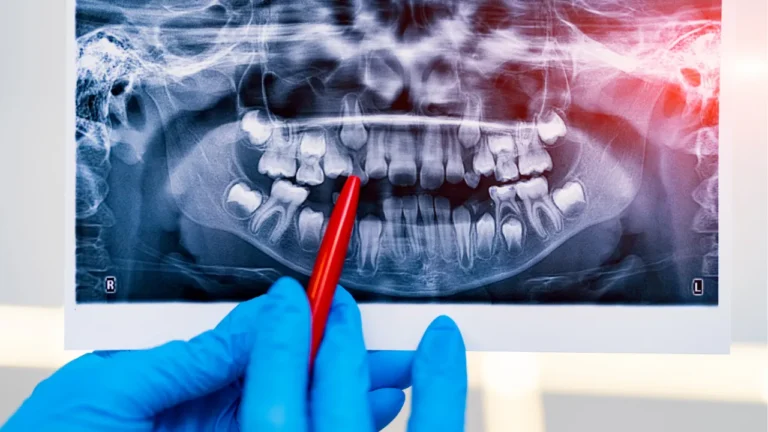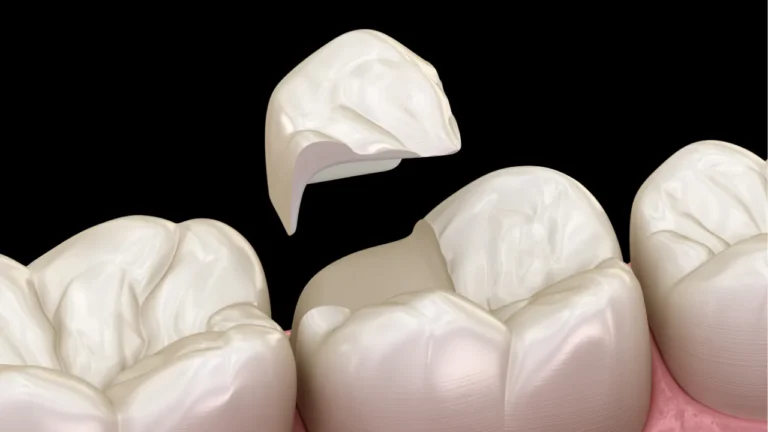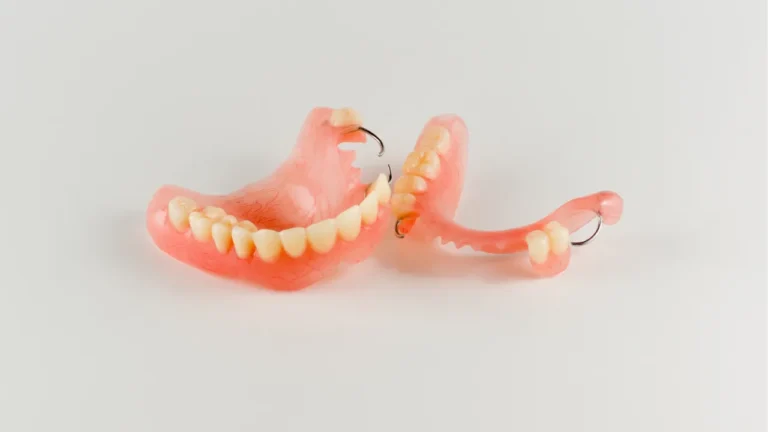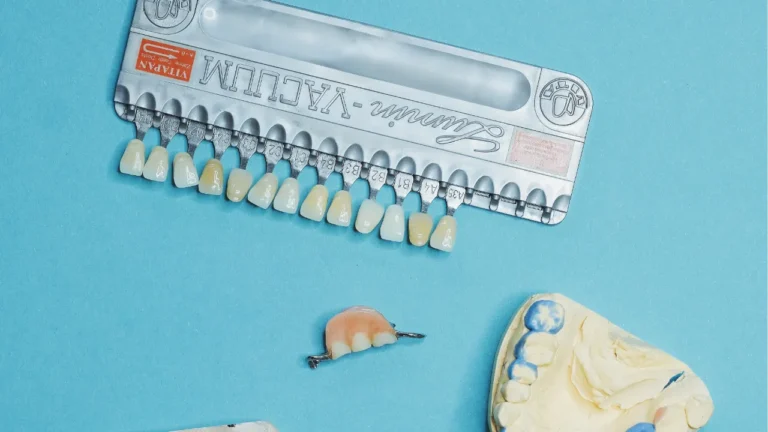Poor oral health — especially gum disease — can increase your risk of heart disease by allowing harmful bacteria into the bloodstream, where it can trigger inflammation and damage blood vessels.
Researchers have found strong links between periodontal disease and conditions like heart attacks and stroke.
That’s why keeping your gums healthy isn’t just about your smile — it’s also a key part of protecting your overall health.
Short Summary
- Gum disease allows bacteria into the bloodstream, increasing heart disease risk.
- Inflammation from oral bacteria can cause artery plaque and blockages.
- Common risk factors include smoking, poor diet, diabetes, stress, inactivity, and neglecting dental care.
- Early signs of gum disease must not be ignored to protect heart health.
- Good oral hygiene, regular dental visits, and managing health conditions reduce risks.
How Oral Health Affects the Heart
The primary link between oral health and heart disease lies in inflammation and bacteria.
When you suffer from gum disease (also known as periodontal disease), bacteria in your mouth can enter your bloodstream through inflamed or bleeding gums.
Once in the bloodstream, these bacteria may travel to other parts of your body, including the arteries around your heart. This can lead to:
- Plaque build-up in arteries (atherosclerosis)
- Narrowed or blocked arteries
- Increased risk of heart attacks or strokes
Research shows that people with moderate to severe gum disease are more likely to suffer from heart disease than those with healthy gums.
Shared Risk Factors
Oral and cardiovascular diseases share several common risk factors, including:
- Smoking or tobacco use
- Poor diet high in sugar and fat
- Diabetes
- Chronic stress
- Lack of regular exercise
- Infrequent dental care
Addressing these lifestyle choices can benefit both your mouth and your heart.
Warning Signs Not to Ignore
If you notice the following oral health symptoms, it’s important to take action:
- Red, swollen, or tender gums
- Gums that bleed easily when brushing or flossing
- Persistent bad breath
- Receding gum line
- Loose teeth or changes in bite
These signs may indicate gum disease, which — if left untreated — can become a serious risk factor for cardiovascular problems.
How to Protect Both Your Smile and Your Heart
Fortunately, good oral hygiene can play a powerful role in reducing your risk of heart disease. Here’s how to maintain a healthy mouth and support your cardiovascular health:
1. Brush and Floss Daily
Use a soft-bristled brush and fluoride toothpaste to brush at least twice a day, and floss once a day to remove plaque between the teeth and below the gumline.
2. Visit Your Dentist Regularly
Routine dental checkups and professional cleanings can help detect gum disease early and prevent it from progressing.
3. Treat Gum Disease Promptly
If diagnosed with gingivitis or periodontal disease, follow your dentist’s treatment plan. This may include deep cleaning, antibiotics, or even gum surgery in advanced cases.
4. Quit Smoking
Tobacco use is a major contributor to both gum disease and heart disease. Quitting can significantly improve your oral and overall health.
5. Manage Chronic Conditions
If you have diabetes or high blood pressure, managing these conditions with your healthcare provider also helps reduce oral inflammation and cardiovascular risks.
Every Smile Counts — For Your Heart Too
At Every Smile Dentistry, we believe that oral health is a vital part of your overall well-being.
Our team is here to help you take proactive steps to care for your gums, your teeth, and your heart.







